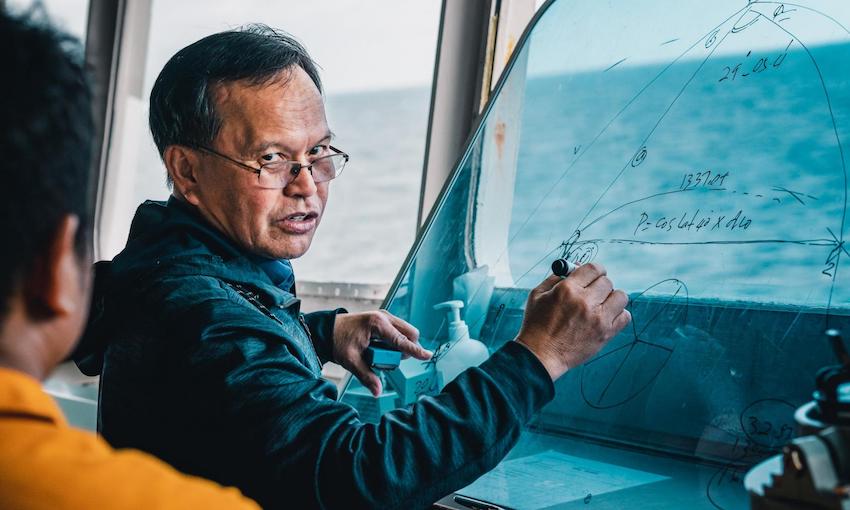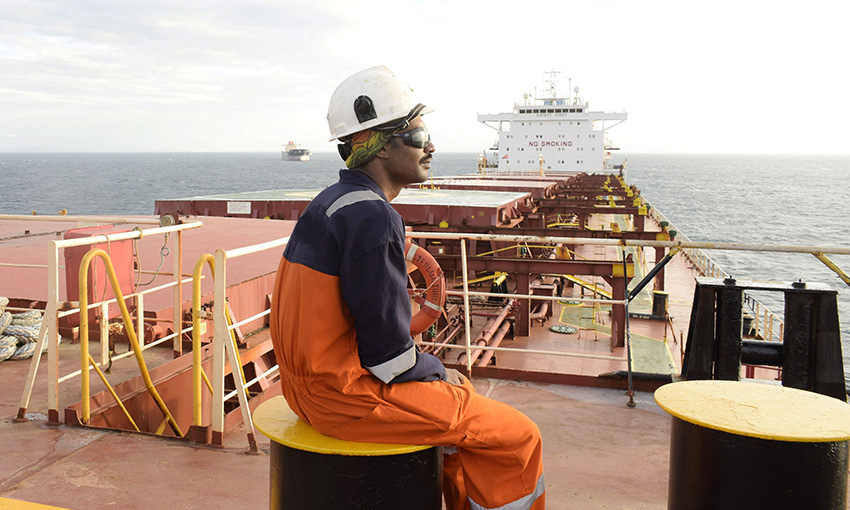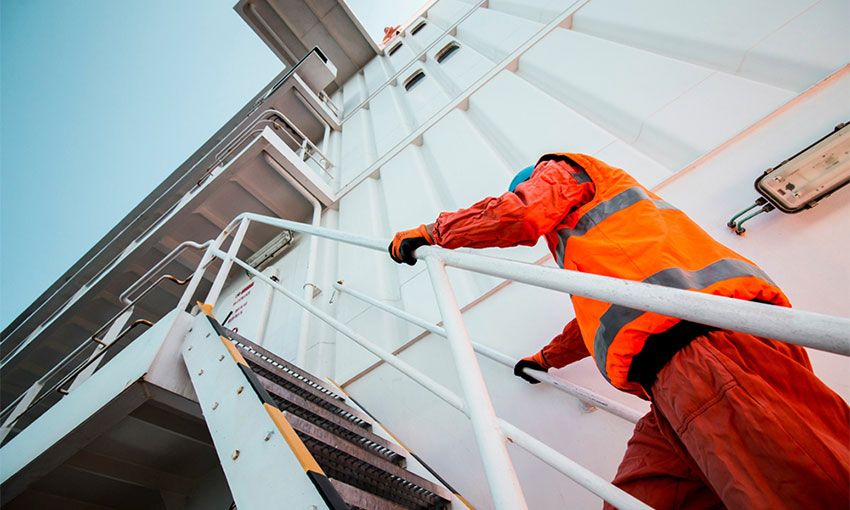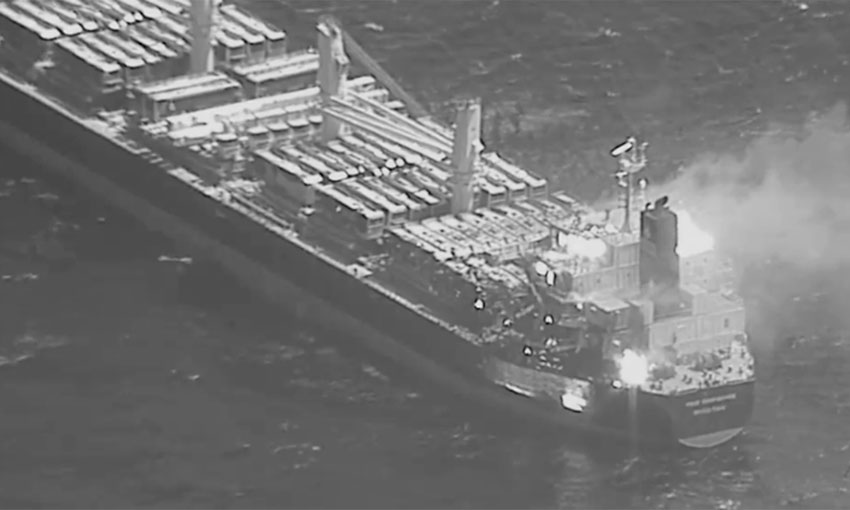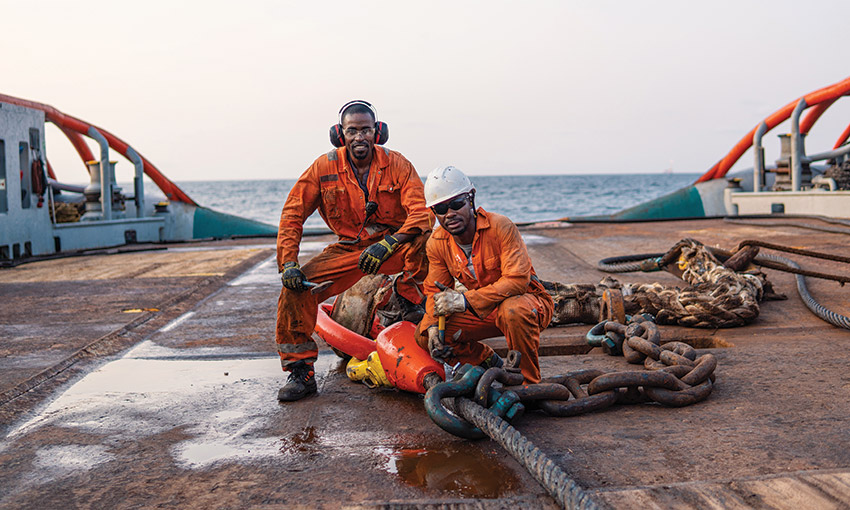THE MARITIME Just Transition Task Force has launched an action plan to help governments and industry train seafarers to handle alternative fuels.
United Nations organisations, shipowners and unions launched the plan at COP27, currently underway in Egypt.
The 10-point action plan is included in a new paper, Mapping a Maritime Just Transition for Seafarers.
It responds to new research from maritime consultancy DNV which estimates as many as 800,000 seafarers will need additional training by the mid-2030s.
Commissioned by the Maritime Just Transition Task Force Secretariat, the research explores three emission reduction scenarios.
The taskforce said the scenarios highlighted an immediate need to put training infrastructure in place to ensure the seafaring workforce is upskilled during the energy transition.
According to the taskforce, findings also suggest uncertainty around alternative fuels is affecting seafarer training.
The action plan makes recommendations such as strengthening global training standards, ensuring a health-and-safety-first approach and establishing advisory national maritime skills councils.
International Transport Workers’ Federation general secretary Stephen Cotton said seafarers are prepared to be a part of the energy transition, but they want to know the fuels they handle are safe.
“Crew want to know … that we as an industry have the training pathways established to upgrade their skills,” Mr Cotton said.
“Seafarers and other maritime workers are already feeling the effects of an unstable climate — dry unnavigable rivers, soaring ocean surface temperatures, shutdown ports with heatwaves and flash floods.”
International Chamber of Shipping secretary general Guy Platten said there is an urgent need to establish infrastructure and training to prepare the seafaring workforce to help meet decarbonisation objectives.
“This should be done as of today, so they are ready and able to meet the challenges that new green fuels and propulsion technologies will pose and mitigate any potential health and safety risks for ships, communities, the environment and seafarers themselves.
“Shipping cannot decarbonise without its workers and the 10-point action plan developed by the taskforce maps out a pathway for how this can be achieved, as our industry continues to navigate towards a decarbonised future.”
DNV Maritime CEO Knut Ørbeck-Nilssen said the introduction of new technologies is not without risk.
“Our first priority must be to achieve safe decarbonisation,” Mr Ørbeck-Nilssen said.
“We must take a collaborative approach to safeguard our people, our ships and our environment.
“This report points to the challenges and the tangible actions the industry can take to support and protect its workforce.”
International Maritime Organization secretary general Kitack Lim said seafarers must have the appropriate training for a smooth transition to a greener future.
“This is something that will be in sharp focus as IMO works on its comprehensive review of the STCW Training Convention,” he said.
And Gilbert Houngbo, director general of the International Labour Organization, said a Just Transition to addressing the climate crisis must be human-centred.
“Efforts to decarbonise shipping should be undertaken in accordance with the ILO Guidelines for a just transition towards environmentally sustainable economies and societies for all,” he said.
“Doing so will achieve a transition for seafarers and other maritime workers based upon the importance of labour standards, productivity, skills development, lifelong learning, social justice and equality, and which is therefore truly sustainable.”

